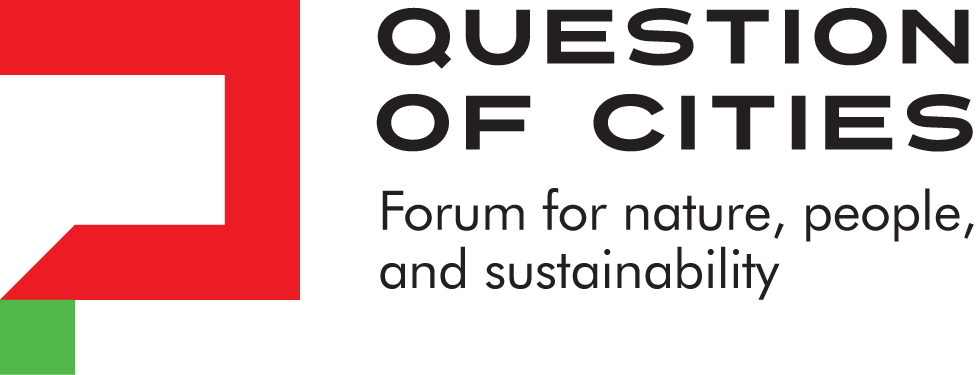Cities at the intersection: Climate, Culture, and Migration
Summary
This report by The Uniting Mayors Project (Project) is based on the findings of 6th Assessment Report (AR6) of the Intergovernmental Panel on Climate Change (IPCC) and other recent publications from leading international organisations and city networks. Cities at the intersection: Climate, Culture, and Migration analyses the scientific, social, and cultural aspects of urban migration in four cities namely, Afanloum in Cameroon; Iganga in Uganda; Braga in Portugal; and Montpellier in France.
The report, based on virtual interviews with officials from these cities, stresses on the need for policy dialogues to centre the experiences and practices of smaller cities and those in the Global South, and further recognise the role of culture and heritage in policymaking. “Cities are already at the forefront of policy innovation, taking local action to address climate threats and the challenges of migration,” reads a line in the report. The research also identifies the need to prepare smaller cities with less capacity for rapid influxes of migration resulting from ecological and humanitarian crises.
Migration due to Climate Change, or Climate migration as it is often called, has become the lived reality for hundreds of thousands of people across the globe. This report recognises its limited geographic scope and makes it clear that its findings and recommendations are not universal. It, however, puts the focus on the universal need for diversity and building culturally sound climate response plans in order to accommodate climate migrants in cities.
